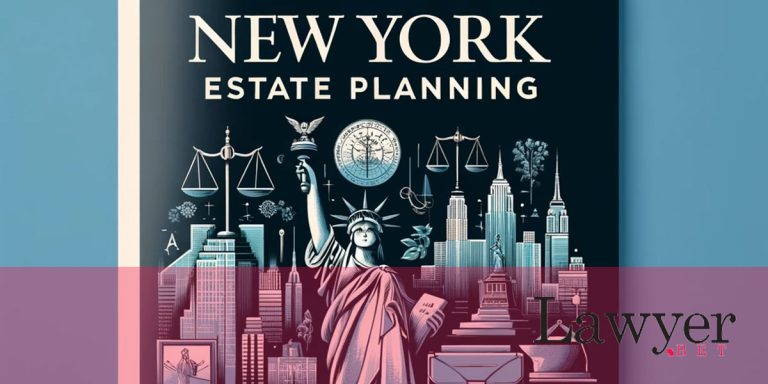Uncovering the Truth: Dispelling Common Estate Planning Myths
Estate planning is one of the most misunderstood areas of law, often clouded by myths that can lead individuals to delay or avoid proper planning. At Morgan Legal Group, we believe that debunking these myths is essential for empowering New Yorkers to take control of their futures. In this comprehensive guide, we’ll tackle the most widespread estate planning misconceptions and provide clarity grounded in New York State law.
Myth #1: Estate Planning is Only for the Wealthy
This is perhaps the most pervasive myth. Many people assume that estate planning is reserved for millionaires with vast holdings. In truth, estate planning is for everyone. Whether you own a home, have children, or simply want to designate someone to make decisions if you become incapacitated, having a plan is crucial.
Why This Myth Persists
The term “estate” often conjures images of mansions and trust funds. However, in legal terms, an estate refers to all property and assets a person owns at the time of their death. That could include a car, a savings account, personal belongings, or digital assets.
The New York Perspective
In New York, the absence of an estate plan can result in your assets being distributed according to state intestacy laws, which may not reflect your wishes. Planning in advance allows you to avoid costly court proceedings and protect your loved ones.
Myth #2: A Will is Enough
While a Last Will and Testament is a cornerstone of most estate plans, it is rarely sufficient on its own. A comprehensive estate plan may also include a Power of Attorney, Healthcare Proxy, and one or more types of trusts.
Potential Gaps in a Will-Only Approach
- Wills must go through probate, which can be time-consuming and public.
- They do not account for incapacity during your lifetime.
- They may not protect assets from Medicaid or creditors.
Myth #3: I’m Too Young to Need an Estate Plan
Tragedy and illness do not discriminate by age. If you’re over 18, especially if you have children or property, you need at least a basic plan. Life happens unexpectedly, and an estate plan provides peace of mind.
Real-Life Example
A 30-year-old New Yorker who owns a condo and has a young child should have a guardian named in their will and a trust to manage assets for the child’s benefit. Without this, the court could appoint someone you would never have chosen.
Myth #4: Everything Will Go to My Spouse Anyway
New York’s intestacy laws do not automatically give everything to your spouse. If you have children, your spouse and children will share your estate, potentially creating hardship or disputes. You can avoid this by clearly outlining your wishes in a will or trust.
Myth #5: Trusts are Complicated and Only for the Rich
Trusts can be a powerful tool for people of all income levels. They can help avoid probate, protect assets from nursing home costs, and provide for loved ones with special needs.
Types of Trusts in NY
- Revocable Living Trusts
- Irrevocable Trusts
- Special Needs Trusts
- Charitable Trusts
Myth #6: Once I Make a Plan, I’m Done
Estate planning is not a “one-and-done” process. Life changes—marriage, divorce, births, deaths, and new assets should prompt a review and update of your documents every 3–5 years.
Myth #7: I Can Just Do It Online
Online templates are one-size-fits-all and often lack the nuance required by New York law. Errors or omissions can render documents invalid or ineffective. Hiring a skilled attorney ensures your plan is customized and legally sound.
Additional Myths to Watch Out For
- “I don’t need an attorney to create a will.”
- “I can just add my kids to my bank account.”
- “Probate is always a nightmare.”
- “Estate planning is only about death.”
Next Steps: How Morgan Legal Group Can Help
Our experienced attorneys will help you create a plan that reflects your goals and protects your loved ones. Serving clients across NYC, Long Island, Brooklyn, Bronx, Queens, Staten Island, Westchester, and beyond, we’re committed to making the process simple and secure.
Contact us today to start planning your future with confidence.



